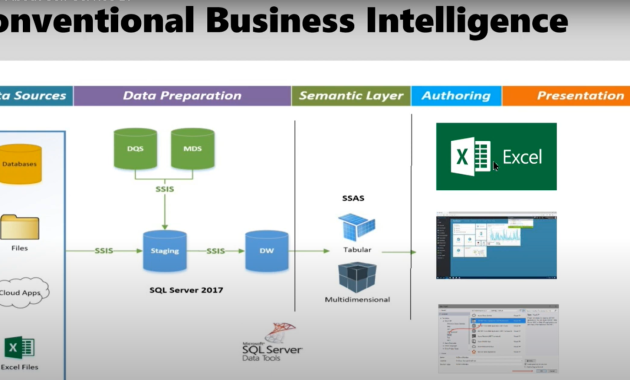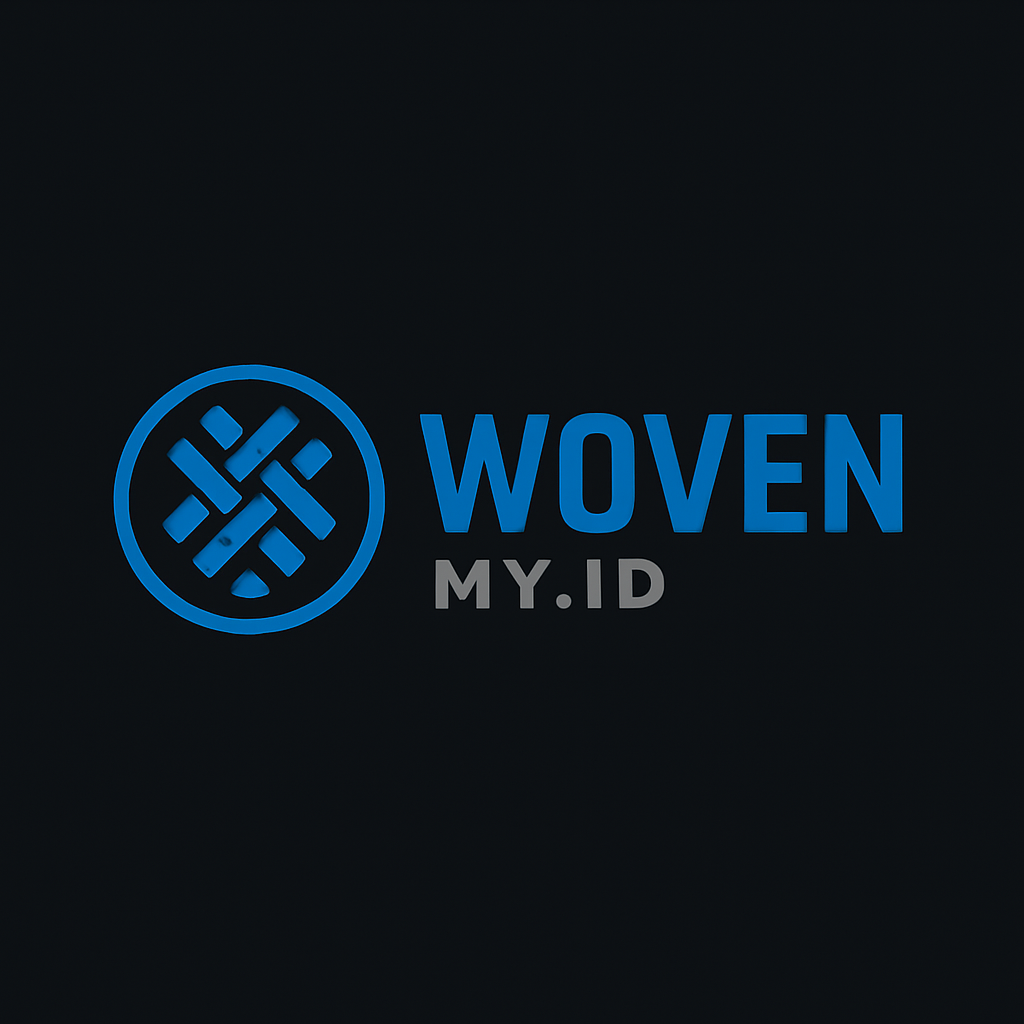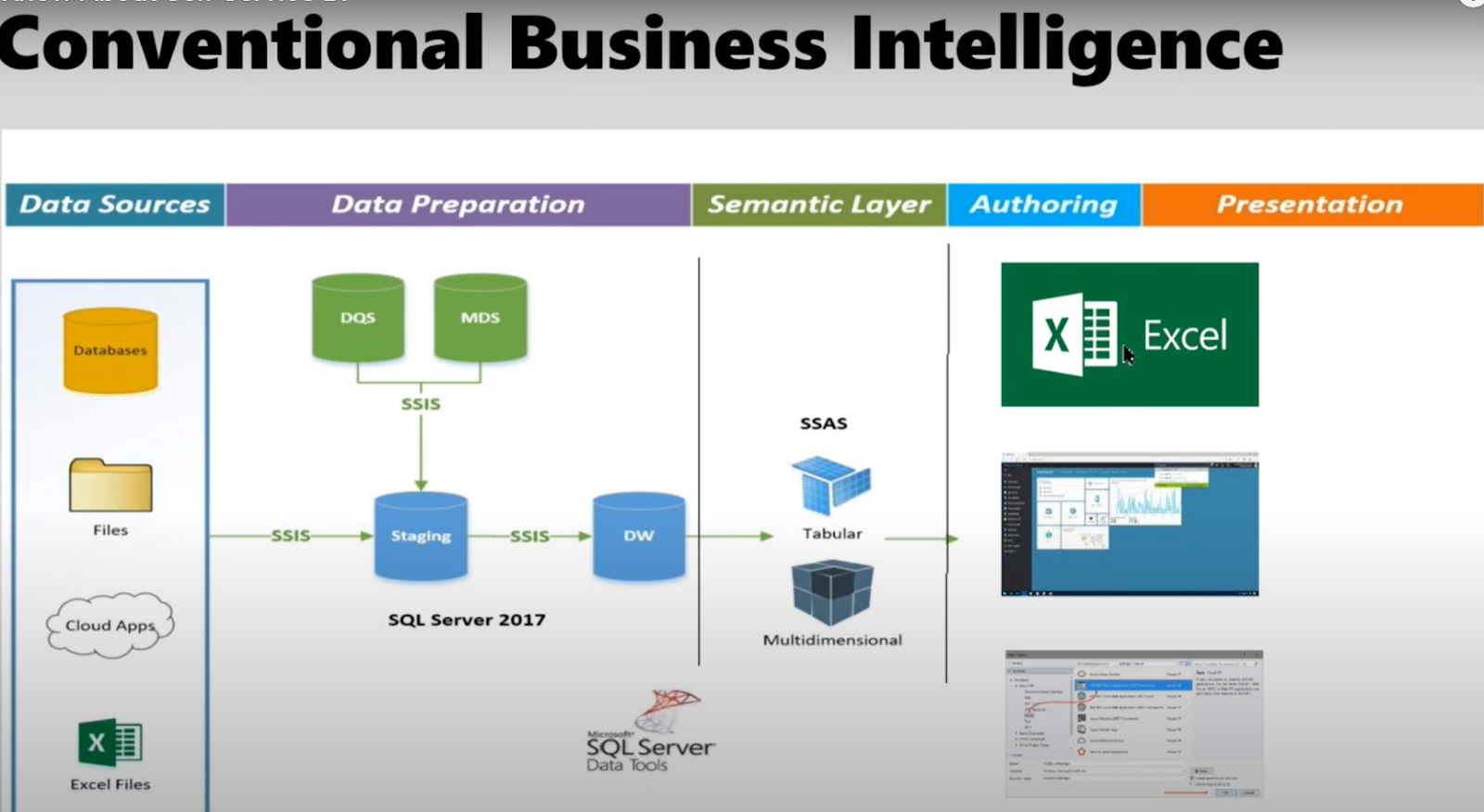
Self-Service Business Intelligence Software: A Revenue-Boosting Game Changer
In today’s data-driven landscape, businesses are constantly seeking ways to gain a competitive edge. One of the most effective tools for achieving this is self-service business intelligence (BI) software. This empowers users with the ability to analyze data, generate insights, and make informed decisions without relying heavily on IT or data science specialists. The result? Faster decision-making, improved operational efficiency, and, ultimately, a significant boost in revenue.
This article will delve into the world of self-service business intelligence software. We will explore its benefits, key features, and how it can transform your business. We will also examine the factors to consider when choosing the right solution for your specific needs. The ultimate goal is to equip you with the knowledge to leverage self-service BI software to drive revenue growth and achieve lasting success.
The Power of Self-Service BI
Traditional BI often involved lengthy processes and significant technical expertise. Data had to be extracted, transformed, and loaded (ETL) by IT professionals. Reports were generated by specialized analysts. This created bottlenecks and delayed access to critical information. Self-service BI software breaks down these barriers. It places the power of data analysis directly into the hands of business users.
With self-service BI, users can:
- Connect to various data sources, including spreadsheets, databases, and cloud platforms.
- Clean and transform data to ensure accuracy and consistency.
- Create interactive dashboards and visualizations to explore data in intuitive ways.
- Share insights with colleagues and stakeholders.
- Make data-driven decisions in real time.
This democratization of data leads to several key benefits:
Faster Decision-Making
When users can access and analyze data independently, they can identify trends, opportunities, and risks much faster. This enables quicker decision-making and allows businesses to respond more effectively to market changes.
Improved Operational Efficiency
Self-service BI streamlines the reporting process. It reduces the burden on IT and data science teams. This frees up valuable resources for other strategic initiatives. Automation features further enhance efficiency.
Increased Revenue Growth
By providing a deeper understanding of customer behavior, market trends, and operational performance, self-service BI software can help businesses identify new revenue streams, optimize pricing strategies, and improve customer retention. This leads to significant revenue growth.
Enhanced Collaboration
Self-service BI fosters collaboration across departments. Users can share dashboards, reports, and insights easily. This promotes a data-driven culture. It ensures everyone is on the same page.
Key Features of Self-Service BI Software
To maximize the benefits of self-service business intelligence software, it’s important to choose a solution with the right features. Here are some of the most important ones:
Data Connectivity
The ability to connect to a wide range of data sources is crucial. This includes databases, cloud platforms, and spreadsheets. The software should support various data connectors. These connectors enable seamless data integration.
Data Preparation and Transformation
Data often needs to be cleaned, transformed, and prepared before analysis. Look for software with built-in data preparation tools. These tools make it easy to clean, transform, and shape data for analysis.
Data Visualization
Effective data visualization is key to understanding complex data. The software should offer a variety of chart types, graphs, and interactive dashboards. These visualizations should be intuitive and easy to customize.
Reporting and Analytics
The ability to create custom reports and perform advanced analytics is essential. The software should allow users to create reports, perform ad-hoc analysis, and explore data in depth. Features like trend analysis and forecasting are valuable.
Collaboration and Sharing
The software should facilitate collaboration and sharing of insights. This includes the ability to share dashboards, reports, and insights with colleagues and stakeholders. Version control is also important.
Mobile Access
Mobile access allows users to access data and insights from anywhere. This is particularly important for sales teams and executives. Mobile access enhances decision-making on the go.
Security and Governance
Robust security features are essential to protect sensitive data. The software should offer role-based access control, data encryption, and other security measures. Data governance features ensure data quality and compliance.
Choosing the Right Self-Service BI Software
Selecting the right self-service BI software for your business is a critical decision. Consider these factors when evaluating different solutions:
Ease of Use
The software should be intuitive and easy to use. It should have a user-friendly interface. This minimizes the need for extensive training.
Scalability
The software should be able to handle your current data volume and scale as your business grows. Ensure the software can handle increasing data loads and user numbers.
Integration
The software should integrate seamlessly with your existing systems and data sources. Check for compatibility with your current infrastructure. This ensures smooth data flow.
Features and Functionality
Make sure the software offers the features and functionality you need. Consider your specific business requirements. This helps you choose the right feature set.
Cost
Evaluate the pricing models of different solutions. Consider the total cost of ownership. This includes software licensing, implementation costs, and ongoing maintenance.
Support and Training
Look for a vendor that offers excellent support and training. Ensure comprehensive support. This helps you maximize the value of the software.
Vendor Reputation
Research the vendor’s reputation and track record. Read reviews and testimonials. This helps you assess their reliability and customer satisfaction.
Real-World Examples: Boosting Revenue with Self-Service BI
Many businesses have successfully used self-service business intelligence software to boost their revenue. Here are a few examples:
Retail
A retail chain used self-service BI to analyze sales data. They identified a trend of increasing sales of specific products during certain times of the year. They then optimized their inventory management. They also adjusted their marketing campaigns. This resulted in a 15% increase in sales.
Healthcare
A healthcare provider used self-service BI to analyze patient data. They identified patterns in patient admissions and readmissions. They then implemented proactive interventions. These interventions reduced readmission rates. This also improved patient outcomes.
Manufacturing
A manufacturing company used self-service BI to analyze production data. They identified bottlenecks in their production process. They then optimized their workflows. This resulted in a 10% increase in production efficiency.
The Future of Self-Service BI
The future of self-service business intelligence software is bright. We can expect to see several key trends:
- Increased adoption of artificial intelligence (AI) and machine learning (ML) to automate data analysis.
- More sophisticated data visualization capabilities.
- Greater integration with cloud platforms and other business applications.
- Increased focus on data governance and security.
These trends will make self-service BI even more powerful and accessible. They will further empower businesses to unlock the full potential of their data. This boosts revenue and drives innovation.
Conclusion: Embrace Self-Service BI for Revenue Growth
Self-service business intelligence software is a powerful tool. It can transform the way businesses operate. It allows them to make data-driven decisions. This leads to increased revenue, improved efficiency, and enhanced collaboration. By choosing the right self-service BI solution and leveraging its capabilities, your business can gain a significant competitive advantage. You can also achieve lasting success in today’s data-driven world. Embrace the power of self-service BI. Unlock your business’s full potential.
[See also: Choosing the Right BI Tools for Your Business]
[See also: Data Visualization Best Practices for Business Intelligence]

